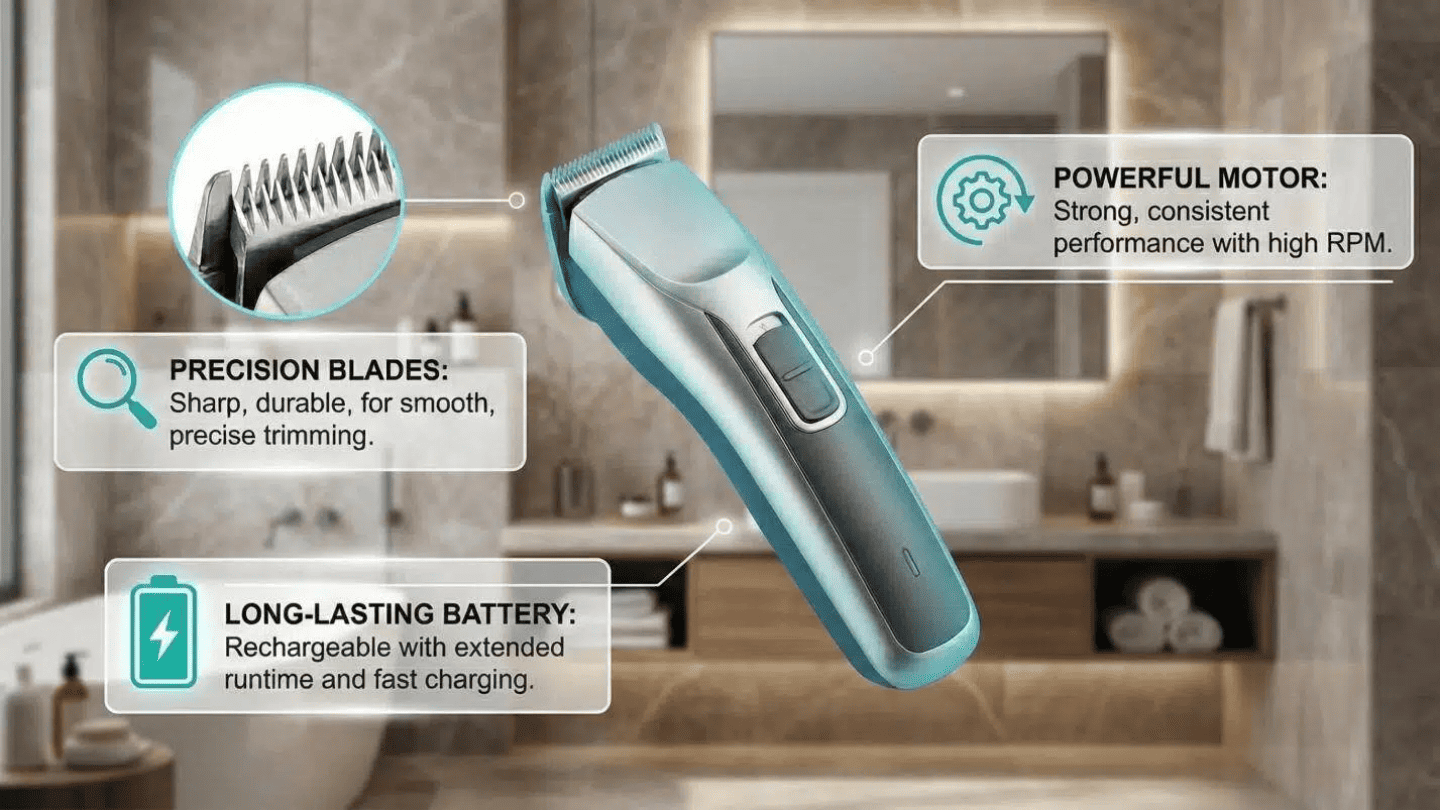


 Expires on {{ vipExpires }}
Expires on {{ vipExpires }}
 Expires on {{ vipExpires }}
Expires on {{ vipExpires }}
You’re ready to bake chin-chin or cupcakes, but you open your kitchen cupboard and see only a blender chilling on the counter. No mixer? There’s no wahala. You’re probably asking: Can I use a blender as a replacement for a mixer?
In this article, I’ll give you sharp-sharp on the blender vs mixer question: when your electric blender can save the day and when only a proper mixer will do. Plus, a few handy kitchen hacks every Nigerian home baker can use
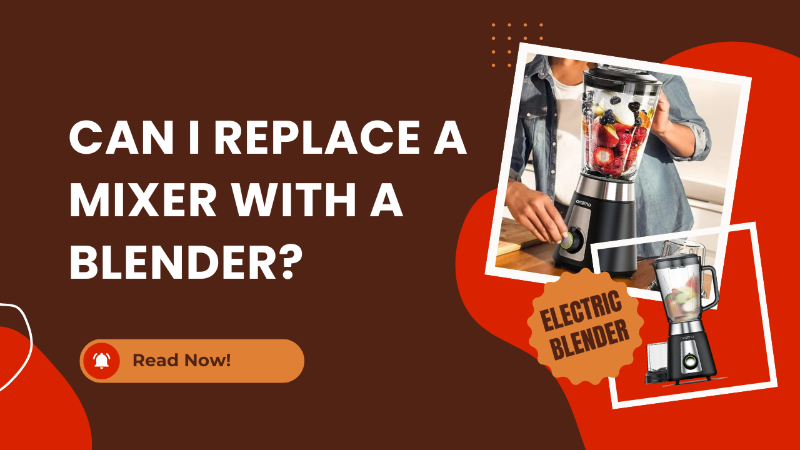
First, let’s break it down.
A mixer is a piece of baking equipment designed to combine ingredients, add air, and give you that soft, fluffy texture. Think of creaming butter and sugar for your birthday cake, or whipping egg whites till they peak for meringue—that’s mixer work.
A blender machine, on the other hand, is more at home with liquids and soft stuff. Perfect for your morning smoothie, pepper sauce, or a quick soup.
The key difference is in the technique: mixers fold and aerate gently, while blenders chop and grind with force. That’s why sometimes a blender can step in for a mixer, and other times it just won’t cut it.
Speed also matters. Mixers move steadily and slowly, great for control. Blenders? They go in with full energy, sometimes too much for delicate cake batters.
Truth is, sometimes your electric blender can step up and do small kitchen miracles. Here are a few times it works just fine:
The good thing is that using your blender saves time and effort. You can chop, blend, and mix in minutes. Just don’t overdo it; gentle pulsing gives better results and keeps your mix from getting ruined.
Every Nigerian kitchen has that moment when your electric blender just no gree to do the work. Here are a few examples:
So yes, your blender is versatile, but for serious baking, nothing beats a proper mixer.
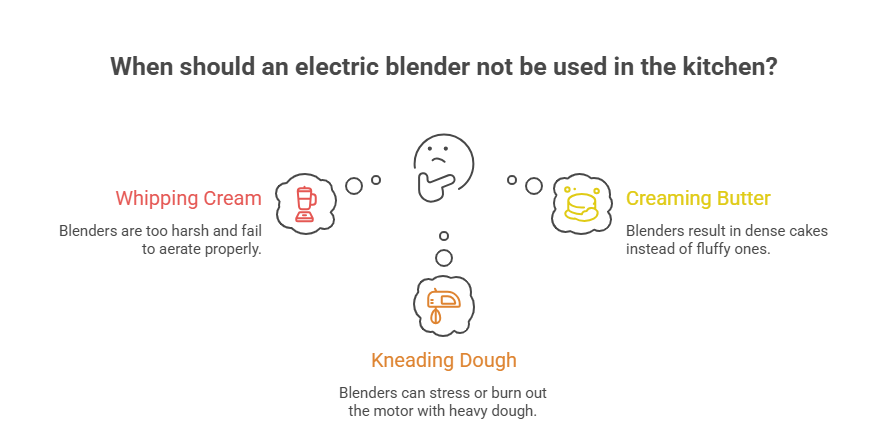
Sometimes in a Naija kitchen, NEPA wahala or busy cooking schedules can make using a blender tricky, but with a few simple hacks, you can get mixer-like results even without a proper mixer.
Little touches, like using warm ingredients or working in small batches, also help your blender perform better. These tips save time, protect your equipment, and get you closer to mixer-like results in your Nigerian kitchen.
If you find yourself needing a blender that can handle everyday kitchen tasks—mixing batters, blending spices, or making sauces, while still giving you control like a mixer, then oraimo’s range of electric blenders is worth checking out.
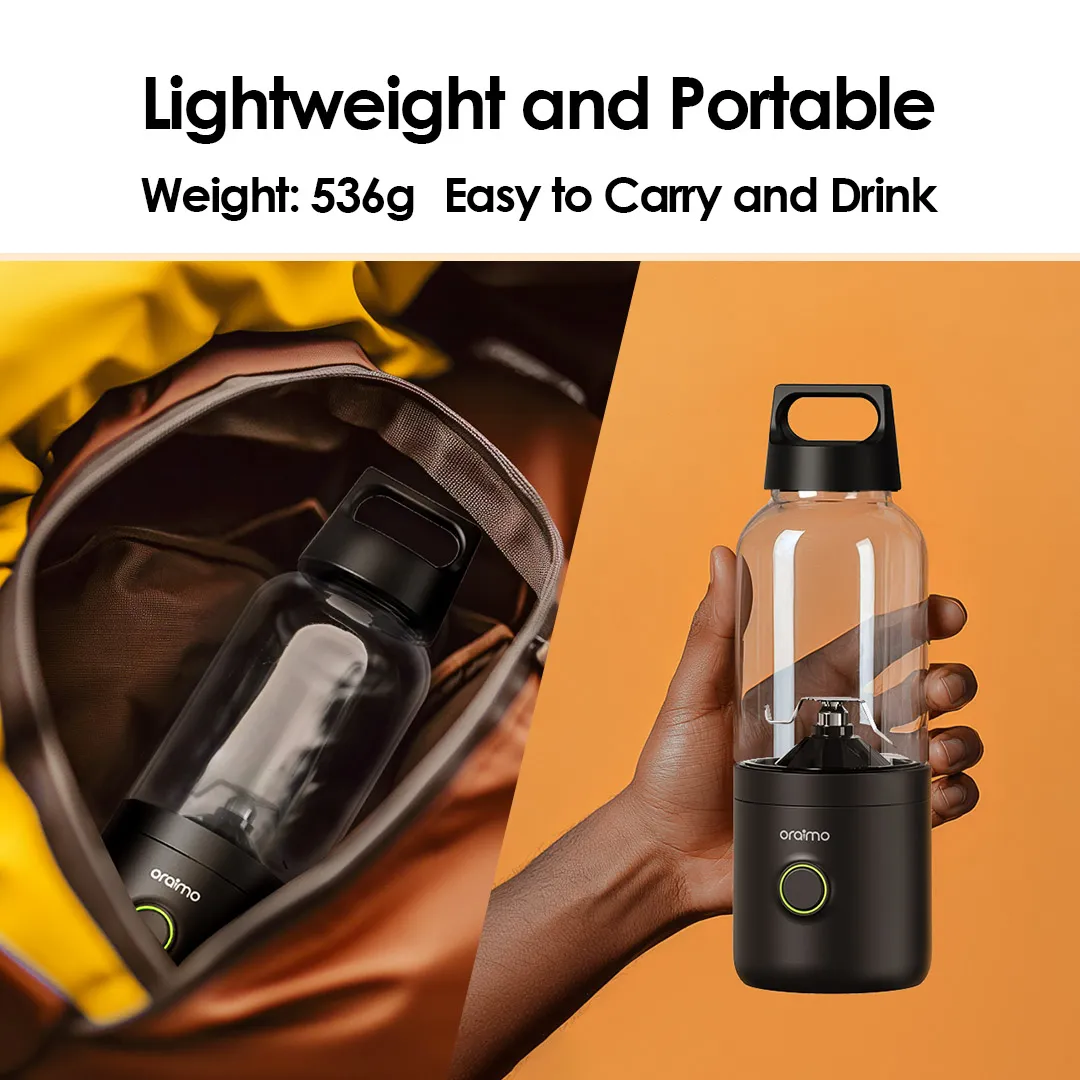
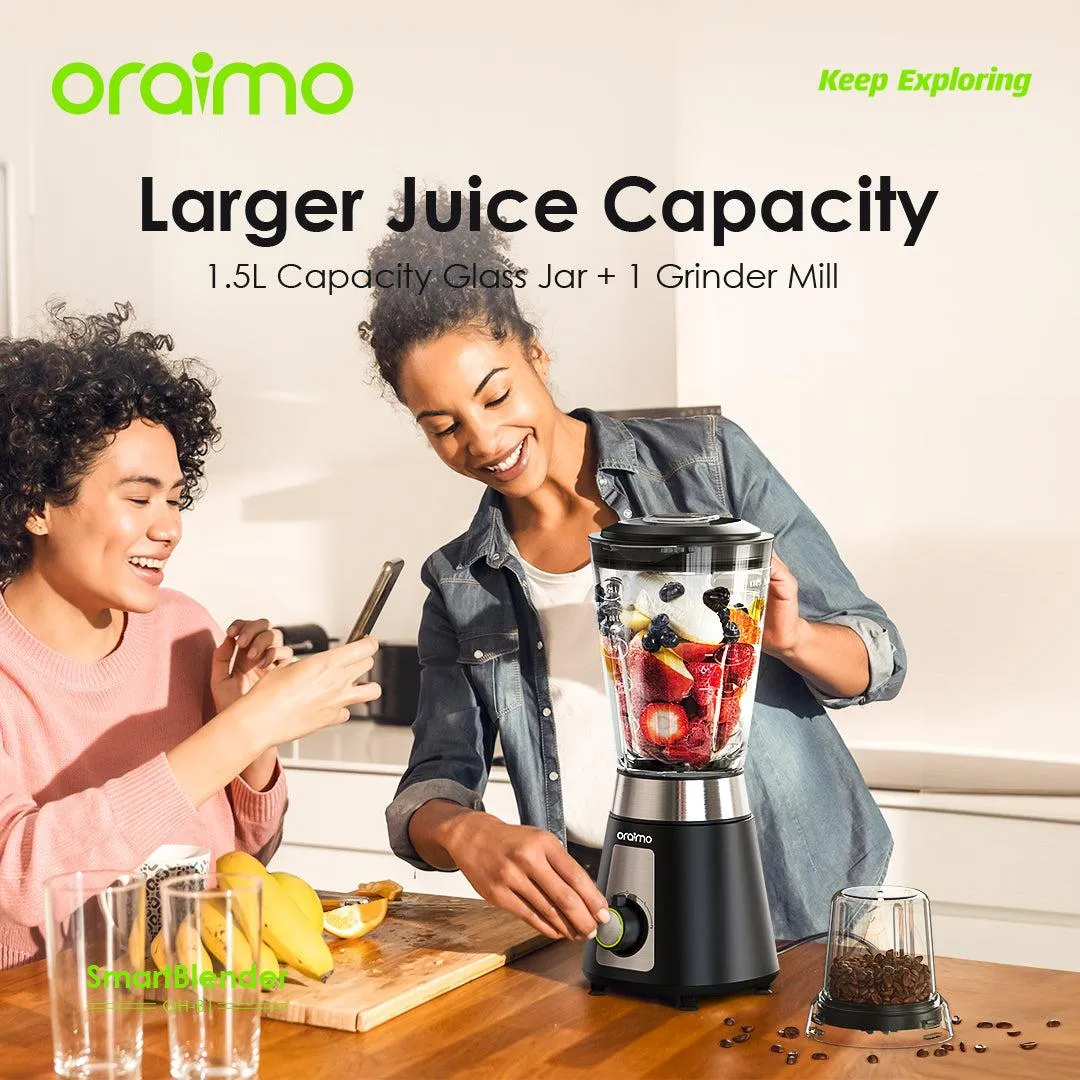
Both products are energy-efficient, durable, and designed to withstand Nigerian kitchen challenges. So, if you’re thinking which between blender vs mixer, these blenders can handle light mixing without any wahala.
So, can you use a blender as a replacement for a mixer? The answer is yes, for certain recipes. Blenders handle light mixing like pancake or chin-chin batter perfectly. But for fluffy cakes, whipped cream, or bread dough, your trusted mixer is still the boss.
Choose based on how often you bake and your cooking style. Ready to upgrade your kitchen? Check out oraimo electric blenders today and make every mix easy, fast, and enjoyable.
Blenders chop and blend liquids or soft mixtures, while mixers aerate, cream, and knead ingredients for baking.
Prices vary depending on what you need. There are basic models for everyday use, mid-range blenders with bigger jars or extra features, and premium models with advanced functions for serious home chefs.
Yes, especially when NEPA takes light. Ensure your generator is stable to protect your blender’s motor.
Use pulse mode for delicate mixtures. Start slow, increase speed gradually, and clean promptly after use.

